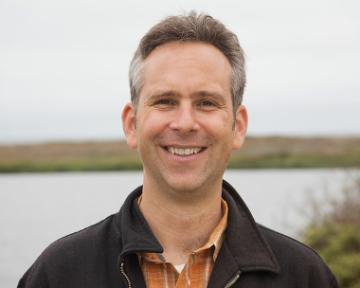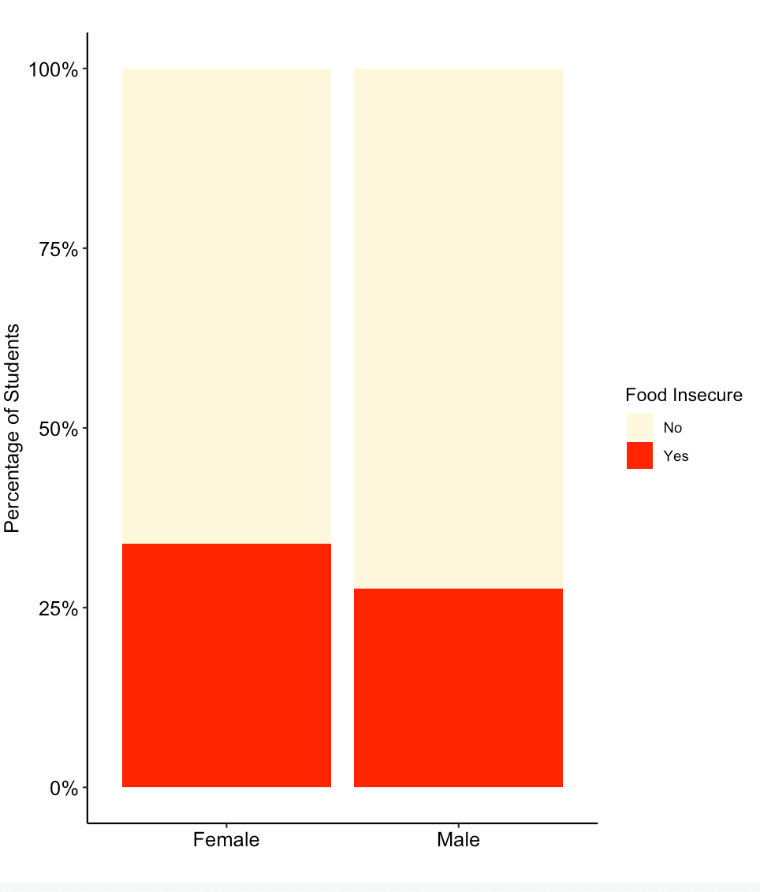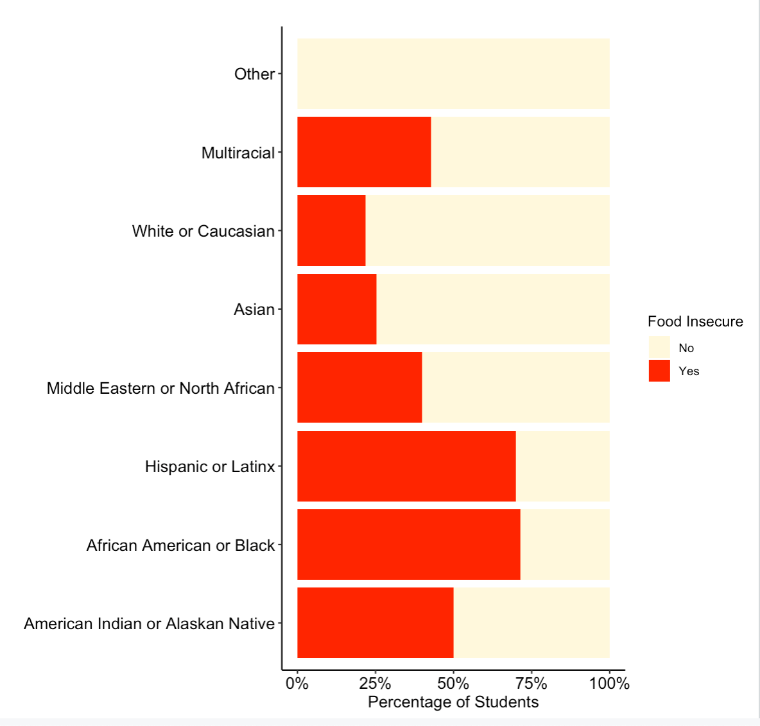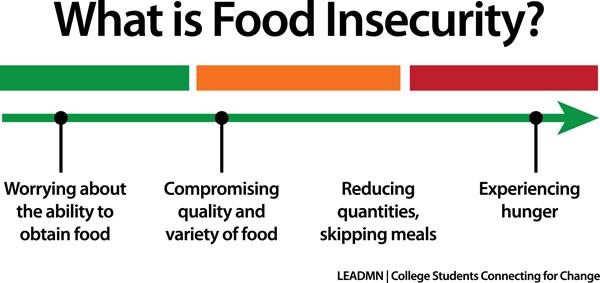
Assessing Bronco Students’ Food Security and Sovereignty (Academic Years 2020-2023)
The research and activism on student food security at Santa Clara University stems from Professor Bacon’s long standing research on food security and an Environmental and Food Justice (ENVS 155) class project of a Food Justice Research Assistant alumni and support from CFIE. In 2020, the research team set out to study food insecurity at SCU. The project aimed to (1) assess the current levels of student food security and perceptions of food sovereignty; (2) assess the current levels of student housing security and how these levels have been impacted by the COVID-19 pandemic; (3) explain how SCU's Food Insecurity Program, financial aid office, and others have responded to these challenges; (4) review scientific literature to identify what lessons can be learned in order to make recommendations for addressing these challenges. A robust survey was designed to assess University students’ food and housing security levels based on the existing literature from the Hope Lab and U.S. Department of Agriculture’s food security assessment model. To supplement survey results, student researchers conducted 23 one-on-one interviews with SCU students in 2021. Additionally, one focus group was conducted within the Multicultural Center to better understand how BIPOC students navigate the campus food system as a whole. The quantitative and qualitative data were then analyzed and coded, respectively, across a range of demographic factors. Our team replicated this study following the academic year (2021-2022). Our team published a report and an executive summary, and we are currently analyzing the data for the follow-up study
After compiling and analyzing the data and results, the team concluded that although 1 in 5 respondents had low or very low food security scores, more than 45% of the food insecure respondents were unaware of the SCU Food Insecurity Program. This demonstrates how students that experience food insecurity may feel as though they lack adequate support. Hispanic and Latinx respondents were at the highest risk, as both their race and ethnicity made them more vulnerable to experiencing food insecurity. Through analysis of the focus group and student interviews, the team found that mental health issues and a lack of meal points have resulted in student food insecurity. Additionally, students from different cultural backgrounds noted that they did not feel as though they had access to foods that reflected their cultural identities while attending SCU. The existing research on student basic needs and related issues indicates that the food and housing insecurity, lack of resources, and lack of awareness about existing resources experienced by SCU students is due to a lack of research and data. Based on the findings, the research team proposes a series of recommendations for the University to consider in order to increase student food security and sovereignty, housing security, and to improve mental health and success at SCU. These include incremental changes, such as increased funding for the Bronco Food Pantry, and transformational changes, such as the creation of a student equity and basic needs task force. The research team and its partners with the Office of Student Life, Division of Mission and Ministry and Center for Sustainability are now working to further develop these recommendations and form a university-wide task force to follow-up.
 Figure: Percent food insecure students surveyed at Santa Clara University
Figure: Percent food insecure students surveyed at Santa Clara University

Figure: Percent food insecure students by race and ethnicity at Santa Clara University
Note: Race is a statistically significant indicator of food insecurity. p=0.0001147
Posted January 2021

Launching a student food security study under COVD-19
Most people are familiar with the narrative of the college students surviving on caffeine, ramen noodles, and free food. Unfortunately, this narrative speaks to a greater problem that exists on many college campuses— food insecurity.
Over the past six months, Professor Christopher M. Bacon and his student researcher Chloe Gentile-Montgomery have been executing their plan to assess food in/security on Santa Clara University’s campus. At this time, the majority of college food insecurity research focuses on public, not private, universities. Student food insecurity has not yet been systematically studied at Santa Clara University, and potentially effective programs to address the problem could be further developed. In the context of additional hardships associated with COVID-19, the problem of food insecurity among college students is likely becoming a much bigger issue. Although we recognize the importance of addressing hunger among all vulnerable populations, especially those that are not currently college students, we also want to help explain and respond to a pressing issue in our shared Bronco community.
The research team recently welcomed two CFIE student researchers, Julia Jenak and Ben Grundy, who will be assisting with focus groups, interviews, literature review, and data analysis. In collaboration with the Environmental Justice and Common Good Initiative, CAS's REEL Program, the Bronco Food Insecurity Program and the Multicultural Center this team will explain food insecurity and efforts to foster food sovereignty, an approach that recognizes student ideas, ethics, and values and uses them to help generate potential solutions.